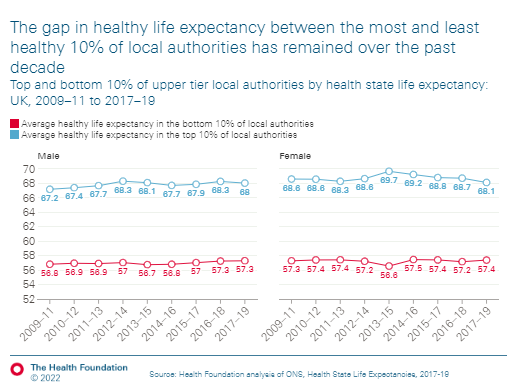My piece in today’s @Telegraph.
Not an audience public health always gets the opportunity to engage but I very much look forward to some healthy debate.
#sugartax
telegraph.co.uk/global-health/…
Not an audience public health always gets the opportunity to engage but I very much look forward to some healthy debate.
#sugartax
telegraph.co.uk/global-health/…
And thanks to @PaulNuki for the opportunity to write this.
Cc @BorisJohnson @trussliz @Jacob_Rees_Mogg @BrineMP @sarahwollaston @MattHancock @tom_watson @AnnelieseDodds @Jeremy_Hunt @JonAshworth @SeemaKennedy @EmmaHardyMP @cj_dinenage @MikeBloomberg @LouHaigh @CarolineLucas @NickBoles @DrRosena
@doctor_oxford @harryrutter @trishgreenhalgh @arusbridger @denis_campbell @martinwhite33 @JenniferTHF @FPH @AoMRC @jamieoliver @Childrensfood @Pete_Scarbs @MikeRayner @ADPHUK @stevencjcummins @HealthFdn @HughFW @carolecadwalla @R_S_P_H @montie @DrAseemMalhotra @jeanmadams
• • •
Missing some Tweet in this thread? You can try to
force a refresh

























